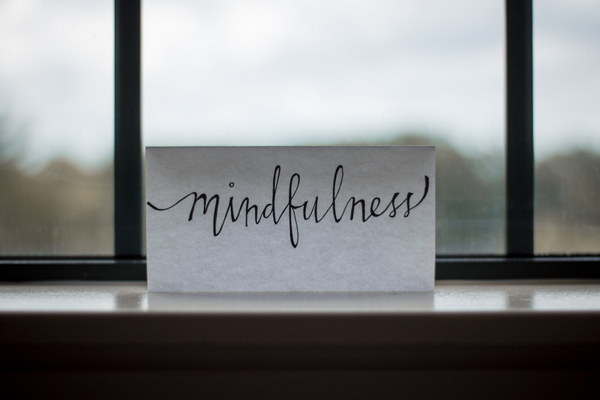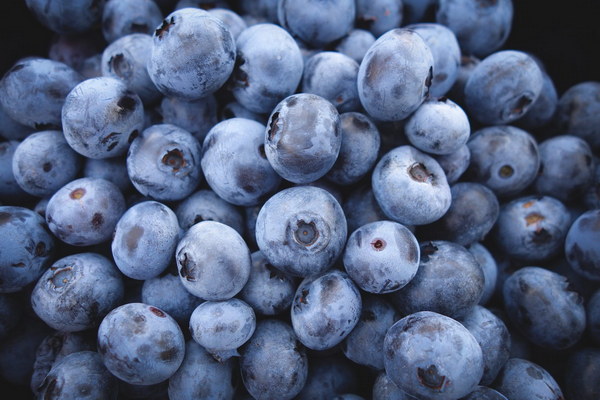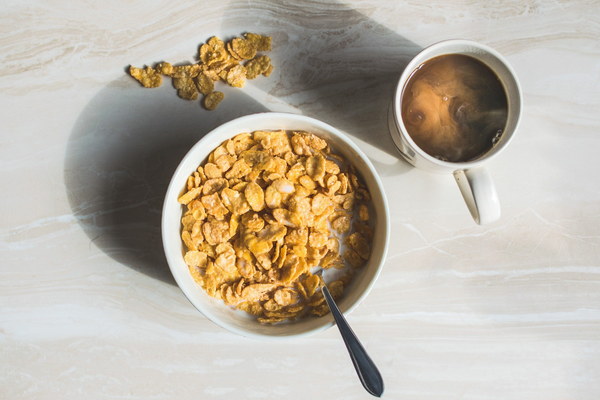How to Nourish Your Liver A Comprehensive Guide with Answers to All Your Questions
In today's fast-paced world, taking care of our health is more important than ever. One of the most crucial organs that we often overlook is the liver. This versatile organ performs numerous vital functions in our body, from detoxifying harmful substances to metabolizing nutrients. However, due to poor lifestyle choices and environmental factors, our liver can become strained and damaged. To help you maintain a healthy liver, we have compiled a comprehensive guide with answers to all your questions about how to nourish your liver.
Q1: What are the primary functions of the liver?
A: The liver is an essential organ that plays a vital role in several bodily functions, including:
- Detoxification: The liver filters and removes harmful substances, such as toxins, drugs, and alcohol, from the blood.
- Metabolism: It metabolizes nutrients, produces bile, and breaks down fats, carbohydrates, and proteins.
- Storage: The liver stores vitamins, minerals, and glucose, which are vital for the body's energy needs.
- Blood clotting: It produces blood-clotting factors to prevent excessive bleeding.

- Immune system: The liver helps fight off infections and diseases by identifying and destroying pathogens.
Q2: What are the common causes of liver damage?
A: Liver damage can result from various factors, such as:
- Excessive alcohol consumption
- Unhealthy diet
- Obesity
- Exposure to harmful chemicals
- Certain medications and supplements
- Genetic disorders
- Viral infections, such as hepatitis B and C
Q3: How can I tell if my liver is healthy?
A: While it's challenging to diagnose liver problems without medical tests, there are some signs and symptoms to watch out for, such as:
- Jaundice (yellowing of the skin and eyes)
- Dark urine and light-colored stools
- Fatigue and weakness
- Nausea, vomiting, and loss of appetite
- Abdominal pain and swelling
- Itchy skin
Q4: What are the best ways to nourish my liver?
A: Here are some effective ways to support liver health:
- Maintain a balanced diet: Consume a variety of fruits, vegetables, whole grains, lean proteins, and healthy fats.
- Limit alcohol intake: Reduce alcohol consumption to prevent liver damage.
- Avoid processed foods: Minimize the consumption of processed and fried foods, which can be high in unhealthy fats and trans fats.
- Stay hydrated: Drink plenty of water to support liver function and aid in detoxification.
- Exercise regularly: Regular physical activity can help improve liver health and reduce the risk of obesity.
- Manage stress: High stress levels can harm your liver. Practice relaxation techniques, such as meditation and yoga, to keep stress under control.
- Get enough sleep: Adequate sleep is crucial for liver health, as it allows the body to repair and regenerate itself.
- Regular check-ups: Visit your healthcare provider regularly to monitor your liver health and detect any potential issues early.
Q5: Are there any supplements that can help nourish my liver?
A: Some supplements may support liver health, but it's essential to consult with a healthcare provider before taking any new supplements. Some popular options include:
- Milk thistle: A natural herb known for its liver-protecting properties.
- Alpha-lipoic acid: An antioxidant that can help reduce liver damage and improve liver function.
- N-acetylcysteine (NAC): A precursor to the amino acid cysteine, which is essential for the production of glutathione, a powerful antioxidant that protects the liver.
- Artichoke extract: Contains compounds that may help improve liver function.
In conclusion, maintaining a healthy liver is essential for overall well-being. By adopting a healthy lifestyle, including a balanced diet, regular exercise, and stress management, you can significantly reduce the risk of liver damage and support your liver's optimal function. Remember to consult with a healthcare provider for personalized advice and to discuss any concerns you may have about your liver health.









